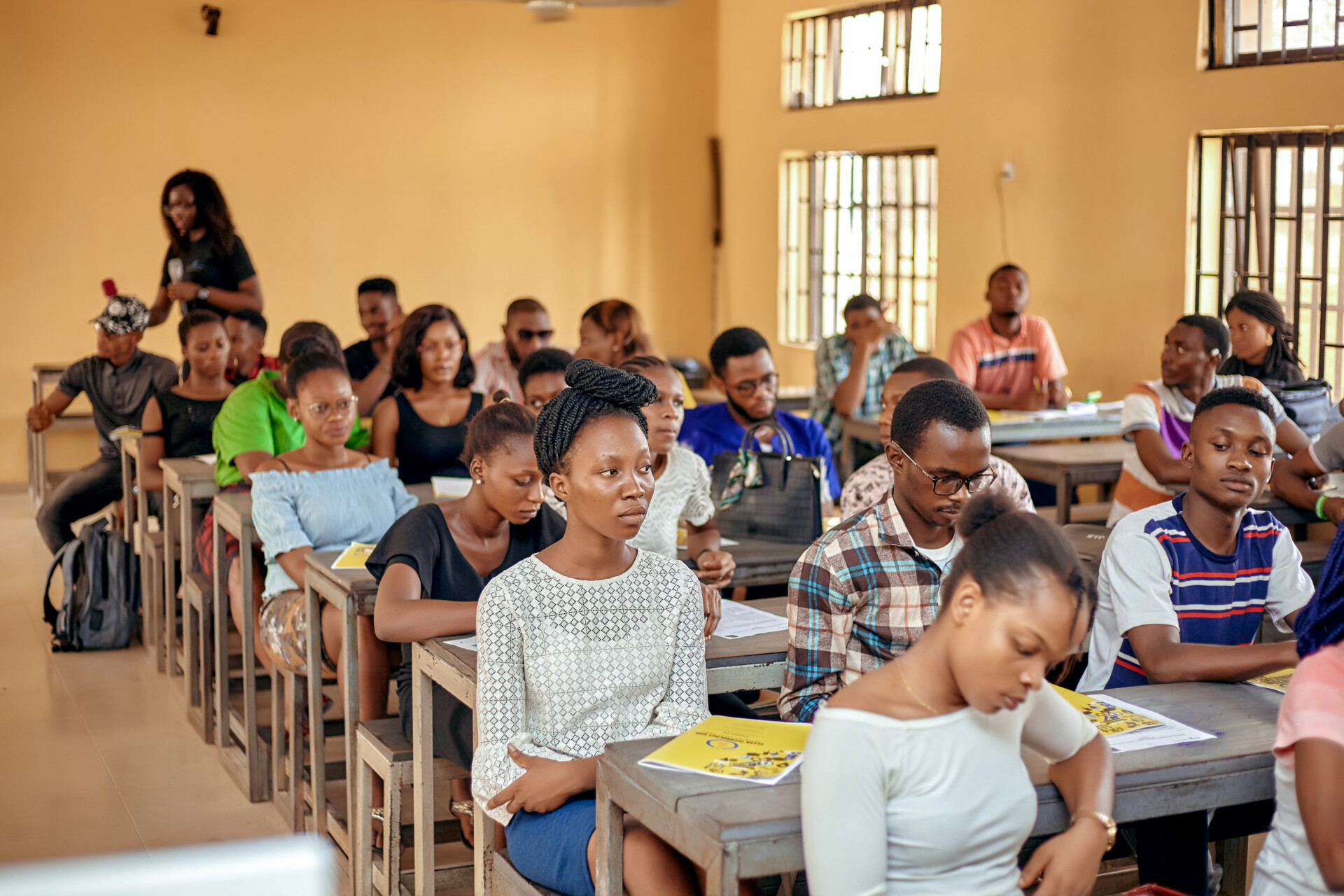Biraj Gautam and Rabin Shrestha share their lessons from the latest visits to the micro hydro power sites in Jumla and Baglung.
Selected Projects: SEPS Call in Southern and South East Asia
Organisation: TERI India
Country: India
Project’s aim: to integrate thermal biomass gasifiers in jaggery processing units for heating, making the production process more energy efficient and user friendly, as well as improving the working environment and the quality of the produce.
Community Managed Energy Service for Vegetable Market Chain
Organisation: Practical Action
Country: Nepal
Project’s aim: to demonstrate the viability of a community managed irrigation system in rural Nepal, using a photovoltaic pumping system to increase production levels and also enhance the quality of the vegetables produced.
Renewable Energy Technologies for Integrated Community Farming Systems
Organisation: Asian Institute of Technology (AIT)
Country: Thailand
Project’s aim: to develop a model of an integrated Community Farming System on the AIT Campus utilising renewable energy technologies to ensure the security of food, nutrition and energy.
Organisation: School of Renewable Energy Technology (SERT)
Country: Thailand
Project’s aim: to use food and agricultural waste, as well as animal dung, to generate biogas energy for producing/cooking school lunches at six schools in Thailand.
Solar Powered Central Landing Area for Night Fishing in the Lagonoy Gulf, Philippines
Organisation: WWF Philippines
Country: Philippines
Project’s aim: to improve the value chain of tuna handline fisheries by establishing a solar-powered central landing site for night fishing activities.


